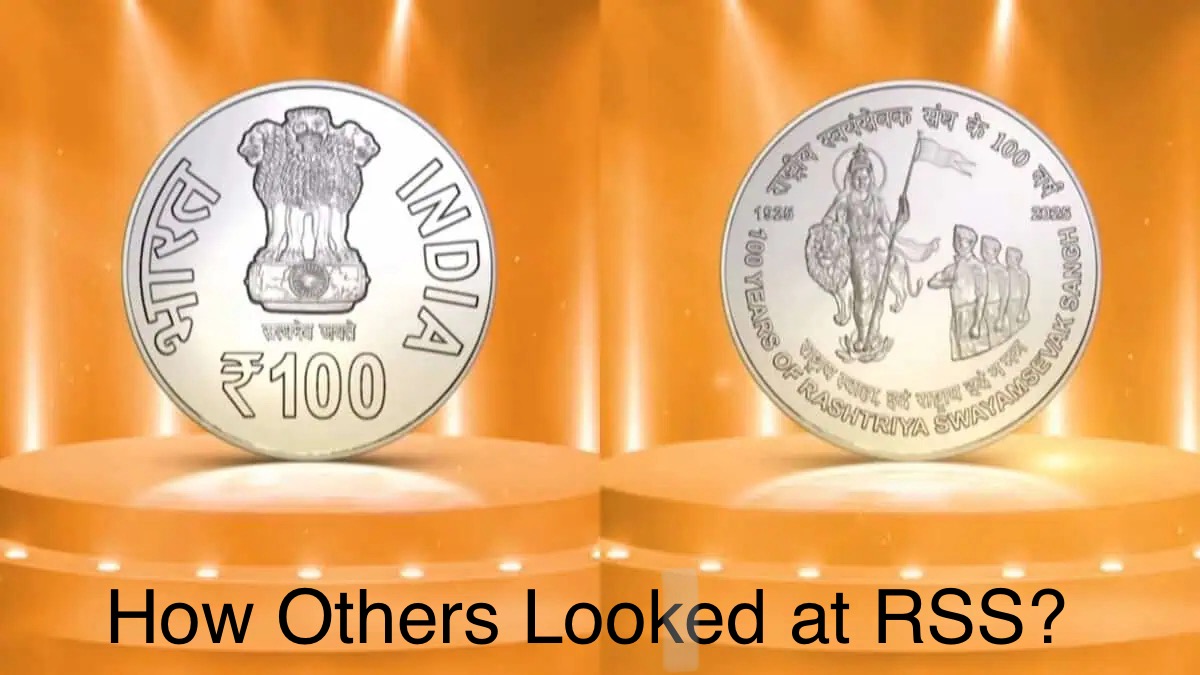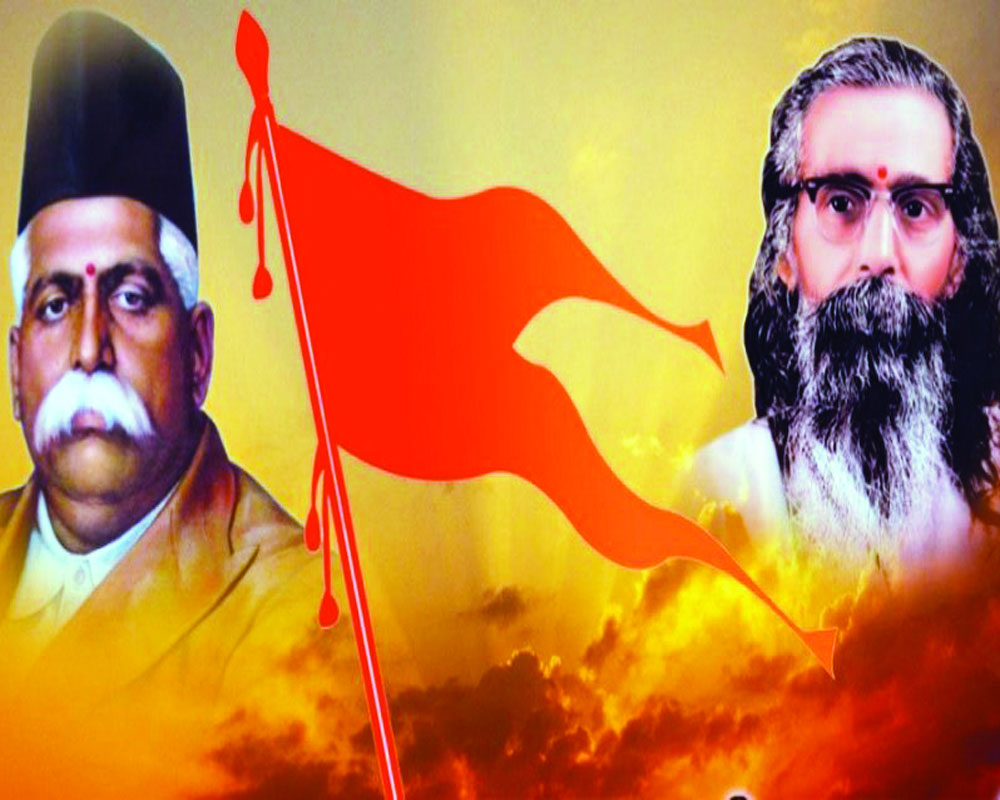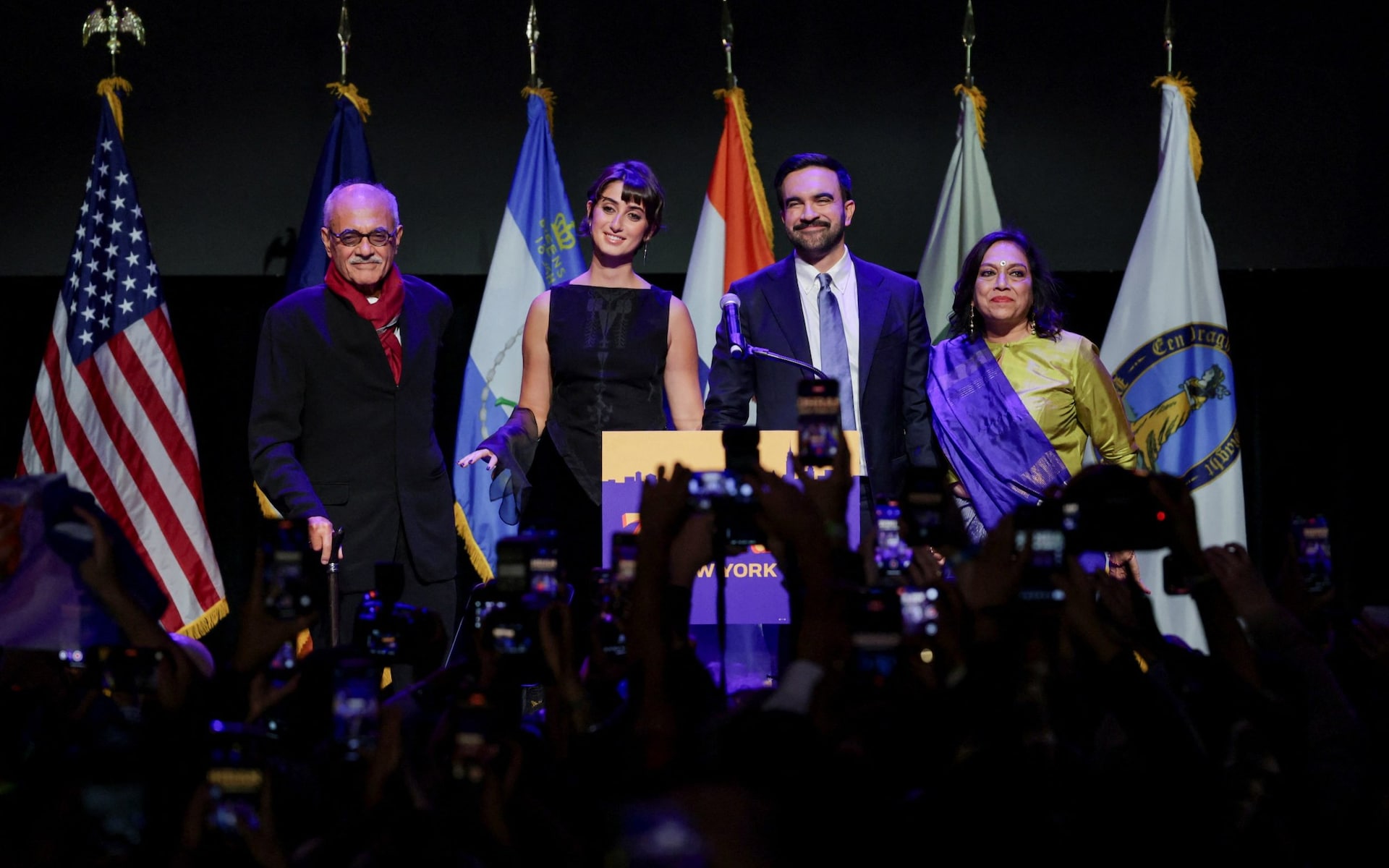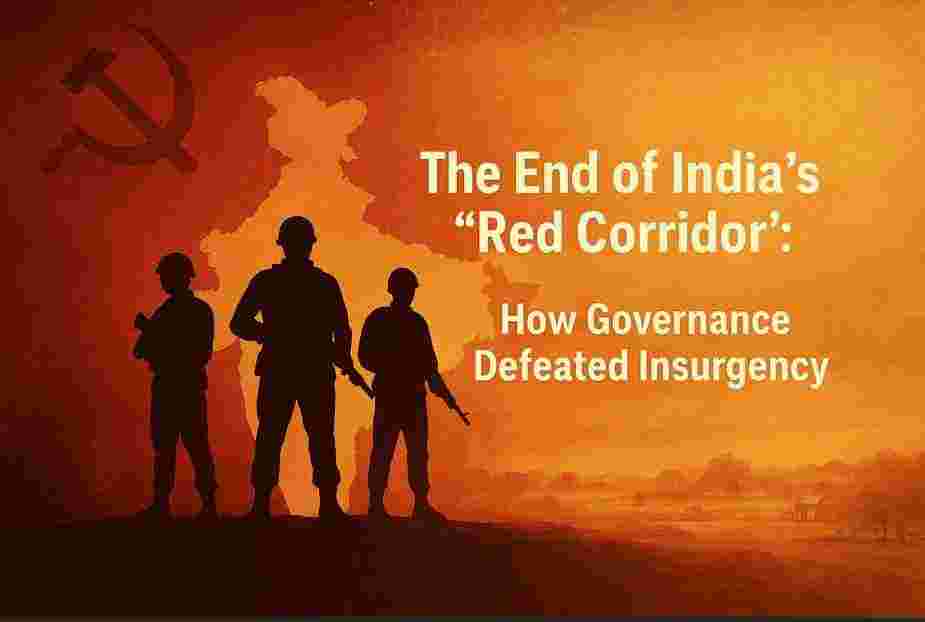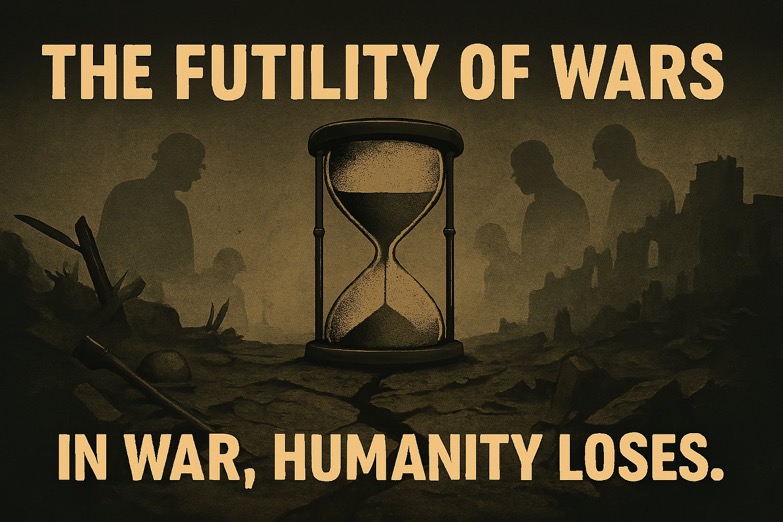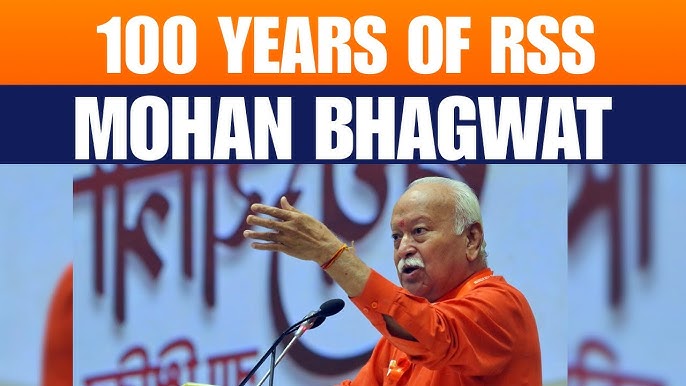
Rashtriya Swayamsevak Sangh (RSS) chief Mohan Bhagwat delivered a series of lectures from August 26 to 28, 2025, in New Delhi, marking the organization’s centenary as part of the event titled “100 Years of Sangh Yatra: New Horizons.” These talks, held at Vigyan Bhawan, outlined the RSS’s century-long journey and its vision for India’s future, emphasizing cultural unity, self-reliance, and India’s role as a global leader or “vishwaguru.” Below is a summary of key points from Bhagwat’s addresses and the RSS’s roadmap.
Key Themes from Mohan Bhagwat’s Addresses
- Vision for India as Vishwaguru: Bhagwat reiterated that the RSS’s core purpose is India’s civilizational progress, aiming to establish the nation as a global leader (“Vishwaguru”). He emphasized that this leadership is rooted in India’s spiritual and cultural heritage, drawing on figures like Swami Vivekananda and the RSS’s founder, K.B. Hedgewar. The concept of “Hindu Rashtra” was presented as inclusive, not exclusionary, encompassing all communities living in India, regardless of religion. Bhagwat clarified that the term “Hindu” stands for inclusiveness and harmony, not opposition to any group.
- Self-Reliance and Swadeshi: On the second day, Bhagwat advocated for “swadeshi” (self-reliance), urging India to prioritize domestically produced goods and engage in international trade voluntarily, not under external pressure. He referenced the 50% U.S. tariff on Indian goods, emphasizing that India’s national policy should promote mutual self-reliance, akin to interdependence within a family.
- Education and Cultural Values: Addressing the balance between modernity and tradition, Bhagwat stressed that education should go beyond information to shape cultured individuals rooted in Indian values. He endorsed the new education policy’s “Panchkoshiya” (five-fold holistic learning) approach and advocated for studying Sanskrit to understand India’s knowledge and culture, though he clarified it need not be compulsory.
- RSS’s Relationship with BJP: Bhagwat clarified the RSS’s coordination with the BJP-led government, stating there is “no quarrel” but acknowledging potential “struggles” due to systemic differences inherited from British-era governance. He emphasized that the RSS does not “remote control” its volunteers, who gradually become independent, and maintains trust-based coordination with governments.
- Social Transformation and Unity: Bhagwat underscored that India’s progress requires collective societal effort, not reliance on a single individual or party. He called for social transformation based on consensus (“samanwaya”) rather than conflict, rooted in India’s 40,000-year-old tradition of harmonious living. He rejected perceptions of the RSS as a reactionary outfit, asserting its goal is to unite the entire society, including Hindus, Muslims, and Buddhists, for the nation’s progress.
RSS’s Future Roadmap
As part of its centenary celebrations, starting on Vijayadashami (October 2, 2025), the RSS outlined an ambitious roadmap for the future:
- Expansion of Shakhas: The RSS aims to increase its daily shakha (branch) network to over 100,000 across India, reaching every administrative block to promote unity, discipline, and cultural pride.
- Hindu Sammelans: The organization plans to hold 1,500–1,600 “Hindu Sammelans” (conferences) nationwide, bringing together community leaders, saints, scholars, youth, women, and artisans to foster cultural unity and national consciousness.
- Nationwide Lecture Series: Following the Delhi event, similar three-day lecture series are planned in Bengaluru, Kolkata, and Mumbai until February 2026. These will continue the dialogue on RSS’s vision, focusing on India’s development based on its values and inner strength. Over 1,000 seminars and discussions involving senior RSS functionaries will be held across the country to discuss the “five transformations” (panch parivartan) and society’s role in India’s progress.
- Public Engagement and Dialogue: The Delhi lecture series was interactive, with Bhagwat answering written questions from participants on the third day. The event was attended by 1,300 eminent personalities, including diplomats from over 50 countries (excluding Pakistan, Bangladesh, and Turkey), politicians like Union Ministers Jyotiraditya Scindia and Suresh Gopi, and notable figures like Ramdev and Kailash Satyarthi. The RSS aims to dispel misconceptions through dialogue, livestreaming events on digital platforms, and engaging diverse sectors like media, diplomacy, and academia.
- Focus on Global Role: Bhagwat emphasized India’s role in shaping a “dharmic” global order, with the RSS contributing to global peace through a strong, inclusive Hindu society. The presence of diplomats from countries like the U.S., China, and Russia at the Delhi event underscores this global outreach.
Context and Significance
Founded in 1925 by K.B. Hedgewar, the RSS has grown into a significant societal force, working in education, tribal welfare, disaster relief, and ideological awareness. The centenary celebrations aim to reflect on its contributions while outlining a vision for the next 25 years and beyond. Bhagwat’s lectures sought to counter criticisms, clarify the RSS’s inclusive stance on Hindutva, and promote social unity, echoing themes from a similar 2018 lecture series titled “Bharat of Future.”
The roadmap emphasizes grassroots expansion, cultural resurgence, and national unity, with the RSS positioning itself as a catalyst for India’s rise as a global leader rooted in its dharmic values. However, Bhagwat’s assertion of India as a “Hindu Rashtra” has sparked debate, with critics pointing to its potential to alienate minorities, while the RSS maintains it is an inclusive concept.
नमस्ते सदा वत्सले मातृभूमे
त्वया हिन्दुभूमे सुखवं वर्धितोऽहम्।
महामङ्गले पुण्यभूमे त्वदर्थे
पतत्वेष कायो नमस्ते नमस्ते॥१॥
प्रभो शक्तिमन् हिन्दुराष्ट्राङ्गभूता
इमे सादरं त्वां नमामो वयम्
त्वदीयाय कार्याय बद्धा कटीयम्
शुभामाशिषं देहि तत्पूर्तये।
अजय्यां च विश्वस्य देहीश शक्तिम्
सुशीलं जगद्येन नम्रं भवेत्
श्रुतं चैव यत्कण्टकाकीर्णमार्गम्
स्वयं स्वीकृतं नः सुगंकारयेत्॥२॥
समुत्कर्ष निःश्रेयसस्यैकमुग्रम्
परं साधनं नाम वीरव्रतम्
तदन्तः स्फुरत्वक्षया ध्येयनिष्ठा
हृदन्तः प्रजागर्तु तीव्राऽनिशम्।
विजेत्री च नः संहता कार्यशक्तिर्
विधायास्य धर्मस्य संरक्षणम्
परं वैभवं नेतुमेतत् स्वराष्ट्रम्
समर्था भवत्वाशिषा ते भृशम्॥३॥
॥भारत माता की जय॥
© राष्ट्रीय स्वयंसेवक संघ

